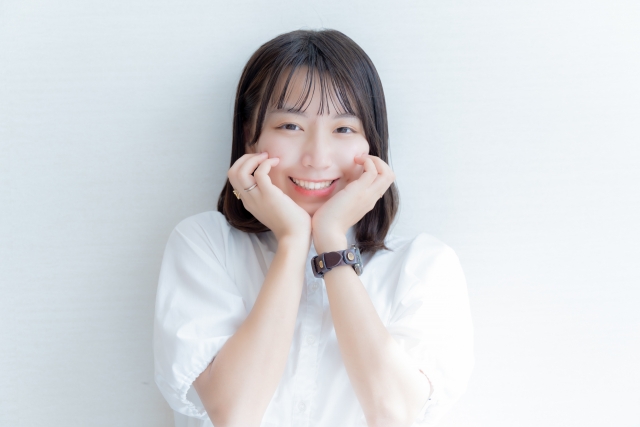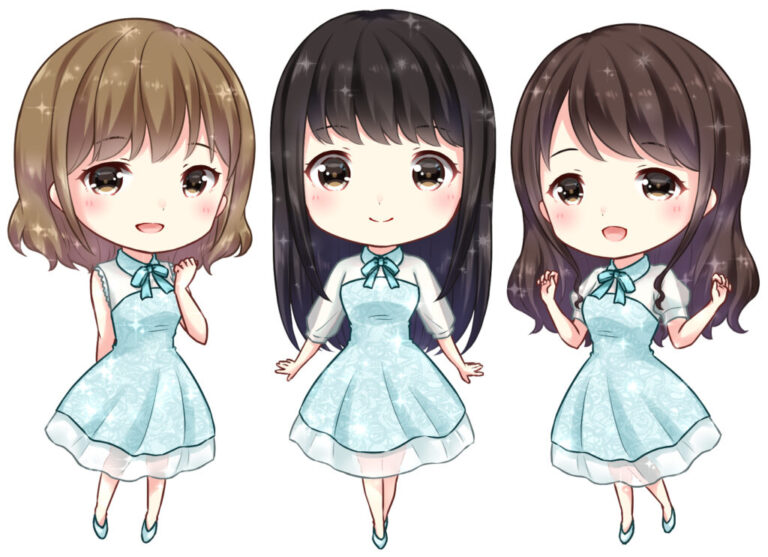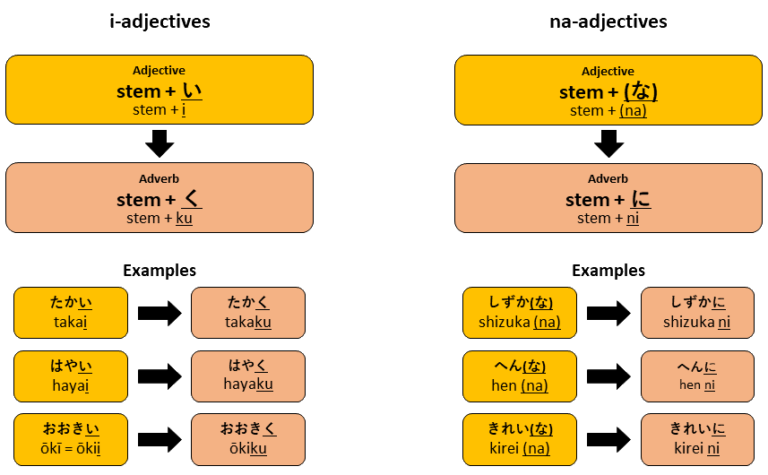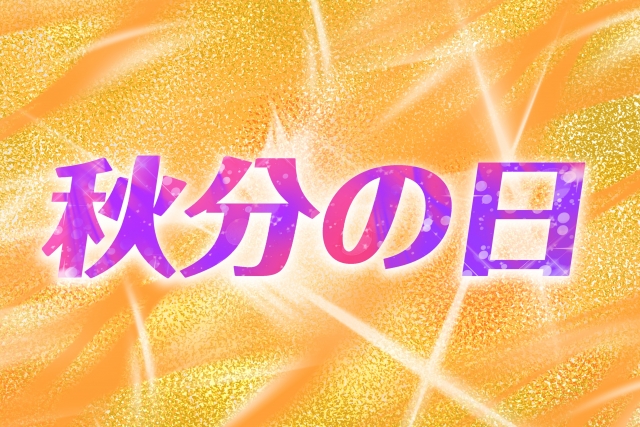Japanese is a very difficult language to understand, so it is not easy to carry out everyday conversation fluently.
Once you have learned greetings and commonly used words and sentences, it is recommended to study “Japanese slang”.
Slang is fun to learn, and when you actually use it, there is a good chance that people will think, “Wow, you know a lot of Japanese.”
There are words like “chuunibyou,” “paripi,” “maji,” and “yabai,” but “tsundere” slang is also a must-learn.
In this article, we would like to explain the meaning and usage of such Japanese term “tsundere.

Click here to learn Japanese language with the best one-on-one Japanese tutoring lessons in person or online.
Contents
What is tsundere?
Tsundere is a word whose definition is surprisingly vague, but basically it means “a person with a tsuntsun attitude who occasionally shows a dere-dere attitude.
In Japanese, “tsuntsun” is used when someone has a cold attitude toward another person.
In contrast, “dere-dere” refers to a sweet attitude toward the other person.
In short, it means “showing two sides”.
When a serious person is absorbed in play, you may be surprised to find out that he/she has this side of himself/herself as well, and find it attractive.
In the same way, when a person with a cold attitude suddenly shows a sweet attitude, the gap between the two makes them seem very attractive.
From a third party’s point of view, it is not that attractive, but when you are the one who is being tsundere’d, you find the other person very attractive.
It is said that this term became popular in Japan around 2002.
At first, it was Internet slang, but it gradually spread to the general public, and by 2005 or so, it was a word that everyone knew.
Although the word is used by both men and women, it is mainly used for women.
When a woman who is good-looking and usually has a cool expression on her face and does not actively talk to others smiles and speaks to them, it is a moment when one can truly feel tsundere.

There are many tsundere characters not only in real life but also in anime.
Living in Japan, you may actually encounter tsundere types in real life.
If someone you fall in love with is a tsundere type, you may have a hard time being swept up in their emotional transitions, and it can be surprisingly difficult in business as well, since you cannot have stable interactions with them.
If we were to use an analogy, we might say that they are like a “roller coaster ride” because of their emotional ups and downs.
In fact, this tsundere type is often used in “manga and anime characters.
Because of this duality, it can create a very unique atmosphere as a character, so every manga artist wants to use it.
Although it is not an absolute rule, there is usually one tsundere character in each manga or anime.
How to use “tsundere”
Let’s take a look at how the word tsundere is used in real life.
You use “tsundere” to a person.
For example, when you are talking with someone who was in a cold mood before, but suddenly changes his/her attitude and starts to pamper you, you can say to him or her, “Oh my God, you are a tsundere!
It can also be used to point out in a favorable manner, “XX-kun, you are a tsundere, aren’t you?”
It can also be pointed out in a negative way, as in, “You shouldn’t be all tsundere with your tsundere attitude.”
While tsundere can be seen as attractive, some people find the large gap between the two to be off-putting.

Use it on the topic of preferred types of people.
Friends sometimes talk about “preferred types of the opposite sex” with each other.
In such cases, there are cases where this term is used as an ideal type of the opposite sex, as in “I like tsundere types,” for example.
Synonyms of “tsundere”
There are also several synonyms for “tsundere”.
The following words are commonly used tsundere, but there are more than 30 synonyms, including those used in certain anime.
Yandere
A yandere is a person who often becomes jealous when he or she has a strong liking for another person.
Jealousy is described as being “sick,” which is why “sick dere” is “yandere.
Kuudere
Kuudere is used when someone who usually looks cool is spoiled only by a specific person or in a specific situation.

Dandere
Dandere is the appearance of a normally dandyish man who becomes dere dere only with a specific person or in a specific situation.
There is also dandere, which means “Danmari + dere” and is used when a man would be dere dere inwardly, although he does not show it in his facial expression.
Conclusion
In this article, we have explained the meaning and usage of the Japanese term “tsundere”.
When a person who usually has a cold attitude shows a dere-dere attitude at a certain time, the unexpectedness of it makes him or her look very attractive, doesn’t it?
Tsundere” is a word that describes exactly this attitude.
If you have such a type of person around you, why don’t you use it in a frank manner?
Related article:










